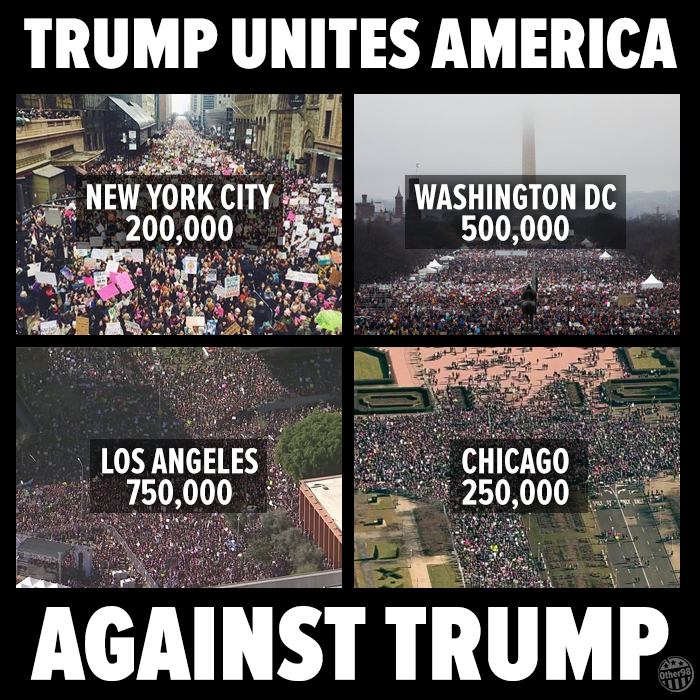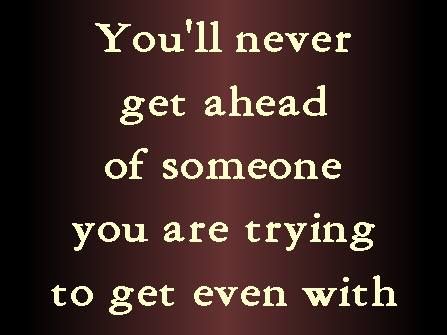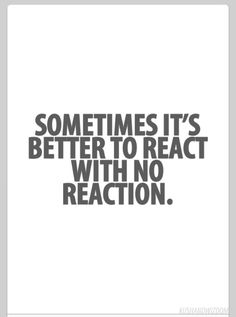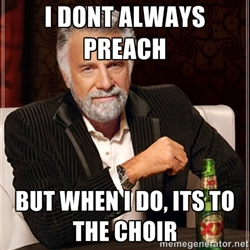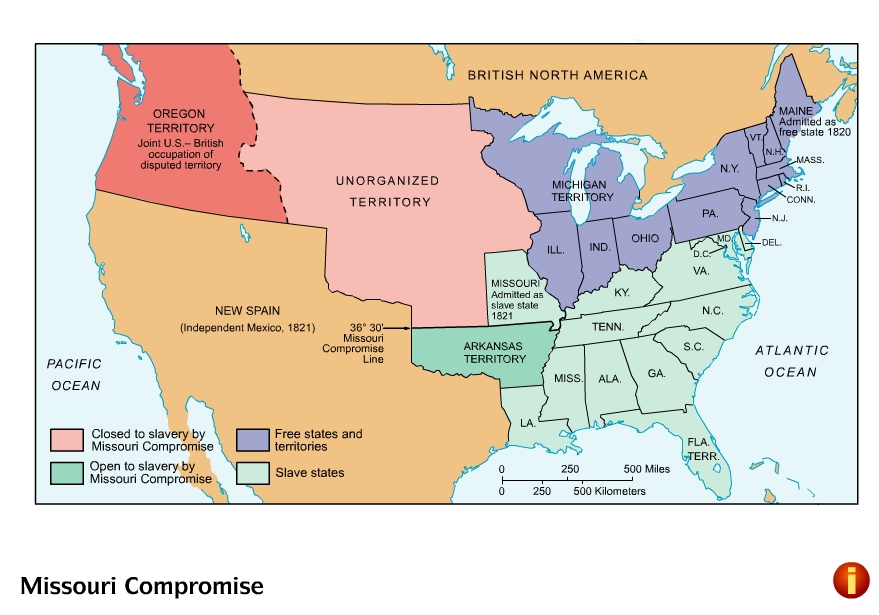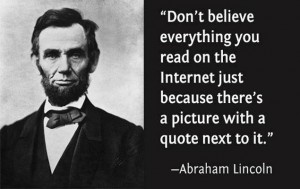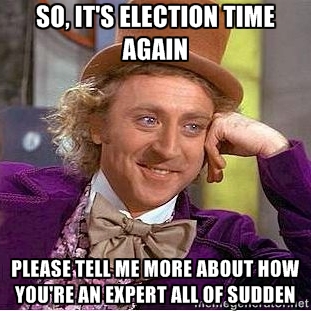I have made no secret of the fact that I, like many in our country, think that Trump is an abomination and ruinous to the progress that we have been able to eke out toward a goal of equal rights for all in this country. His election literally makes me ill. Since his election, many of the PTSD symptoms that I had worked for over a year to overcome, have come flooding back. The panic attacks are back. The bad dreams are back. The abject feeling of helplessness is back. I am not alone in this. I personally know several people experiencing this same phenomenon, and I would wager that therapists across this country have noted an uptick in patients with a resurgence of PTSD symptoms.

Trump is a self-confessed sexual predator. His election to the highest office in this country sent a crystal clear message to survivors of sexual assault and abuse that that behavior is totally acceptable. As two of the predominant symptoms of survivors of sexual abuse are shame and a belief that the abuse was their fault, I have a feeling that November 8th undid years of therapy for many people. The inauguration on the 20th probably undid more years. As my abuser was a woman, this was not the cause of my relapse. For me, it was the bullying and the gas-lighting.
I honestly didn’t even realize that I had relapsed as badly as I had, until my therapist pointed out that my despair after the election went far beyond the election itself. I had moments where I was paralyzed by panic, followed by rage, then denial, then I would just give up. Meanwhile, I had a never-ending loop playing in my head of every time I was ever bullied in my entire childhood. There was a lot more there then I remembered. It’s amazing what the brain can repress in order to protect itself. But it was all back, playing in Technicolor 24/7. The mistreatment. The lying about it afterwards. The carte blanche acceptance of the aggressor’s story.
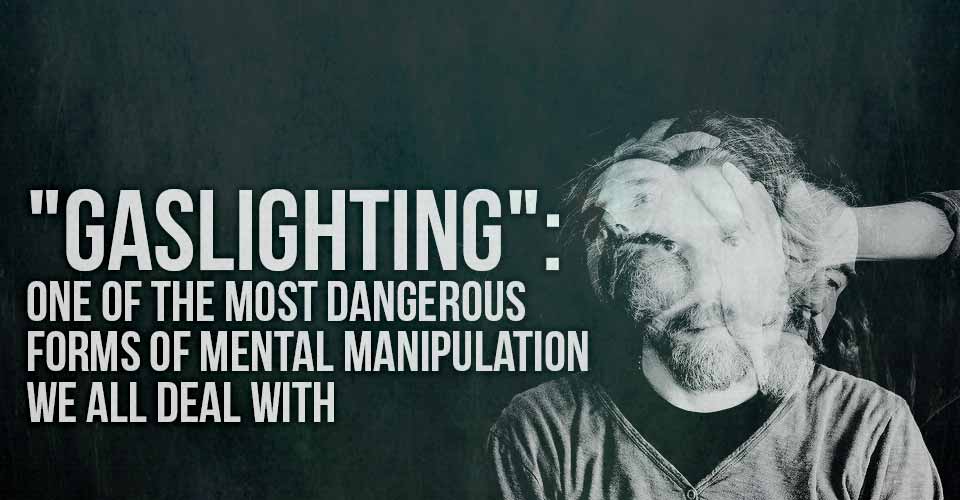
What shocked me though, is that the bullies weren’t the stars of this film. Instead, the focus was on those who should have protected me. Those who should have stood up for me. Those who should have listened to me. Except for very rare occasions, ever single memory involved these “protectors” doing one of three things:
- Ignoring the maltreatment entirely.
- Participating in the maltreatment.
- Leading the maltreatment.
The first one I can understand to some extent. A very small extent. The second two caused the psychological damage. The fact that nobody had my back. That nobody felt the need to stop or even acknowledge the maltreatment. The subsequent belief, that I didn’t deserve anything better. That I wasn’t worthy of better. I can tell you right now that I spent many of my adult years letting people treat me like crap and letting them take advantage of me, because I thought I deserved it. And it took many hours of therapy to break those beliefs and patterns. Clearly, it’s work I’m still doing.
So to say that my distress comes from Trump himself is a gross misrepresentation that gives that man way more credit than he deserves. My distress comes from the feeling of betrayal, and the feeling of helplessness that I have been transported back to my childhood, by all of those who voted him into office. We, as an enlightened people, are supposed to look out for our fellow man. Common decency dictates that those who are stronger, more able, look out for those who are weaker. On November 8th, millions of people in this country voted for a man who revels in abusing those he deems weaker. And with those votes, those millions of people said in one unified voice to every survivor of abuse, “You deserved it.”
By voting for him, you condoned his actions, his words and his beliefs, telling everyone in the world that those actions/words/beliefs are perfectly acceptable and further more will help you succeed. I am disheartened by Trump’s policies and horrified at the actions that he is already taking in office. But I am crippled with grief by how many people in this country consider my abuse acceptable behavior. To others who are feeling this too, please know that you are not alone. Now is the time for us to stand together, and have each other’s backs.
